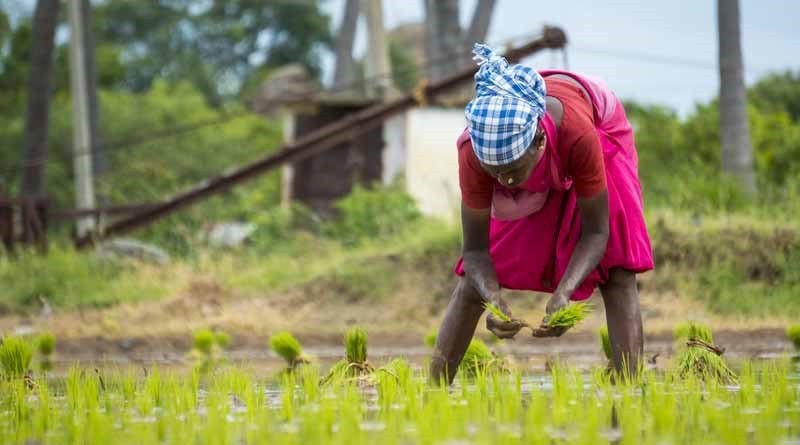
Understanding Climate Change Challenges and Solutions for Indian Farmers
Climate change has become a pressing concern globally, and its impact on agriculture, particularly for Indian farmers, is substantial. Rising temperatures, erratic rainfall patterns, extreme weather events, and unpredictable climatic conditions pose significant challenges to agricultural practices in India. In this blog post, we will delve into the challenges faced by Indian farmers due to climate change and explore potential solutions to mitigate its adverse effects on agriculture.
Climate Change Challenges for Indian Farmers:
1. Erratic Weather Patterns: Indian farmers grapple with unpredictable weather conditions, such as untimely rains, droughts, floods, and heatwaves, affecting crop cultivation cycles and yields.
2. Water Scarcity: Depleting water resources due to climate change pose a severe threat to agriculture, especially in regions dependent on monsoons for irrigation.
3. Pests and Diseases: Changing climatic conditions contribute to the spread of new pests and diseases, impacting crop health and productivity.
4. Soil Degradation: Soil erosion, salinity, and nutrient depletion caused by extreme weather events lead to reduced soil fertility, affecting crop growth.
Solutions to Combat Climate Change in Agriculture:
1. Sustainable Farming Practices: Encouraging farmers to adopt sustainable agriculture methods like crop rotation, organic farming, and conservation tillage to improve soil health and reduce environmental impact.
2. Water Management Techniques: Implementing efficient irrigation practices, rainwater harvesting, and promoting drought-resistant crops to tackle water scarcity.
3. Use of Technology: Utilizing innovative technologies such as precision agriculture, weather forecasting apps, and crop-specific advisory services to optimize farming practices and mitigate risks.
4. Crop Diversification: Encouraging farmers to diversify crops and promote resilient varieties that are adaptable to changing climate conditions, reducing vulnerability to specific weather-related risks.
Government Initiatives and Support:
Highlighting government schemes and initiatives aimed at supporting farmers in adopting climate-resilient practices, providing subsidies for eco-friendly technologies, offering insurance schemes against crop loss due to climate-related factors, and promoting awareness about climate-smart agriculture.
Conclusion:
Climate change poses significant challenges to Indian agriculture, threatening food security and livelihoods. However, with a proactive approach towards adopting sustainable and climate-resilient farming practices, along with support from the government and relevant stakeholders, Indian farmers can mitigate the adverse effects of climate change and build a more resilient agricultural sector for the future.